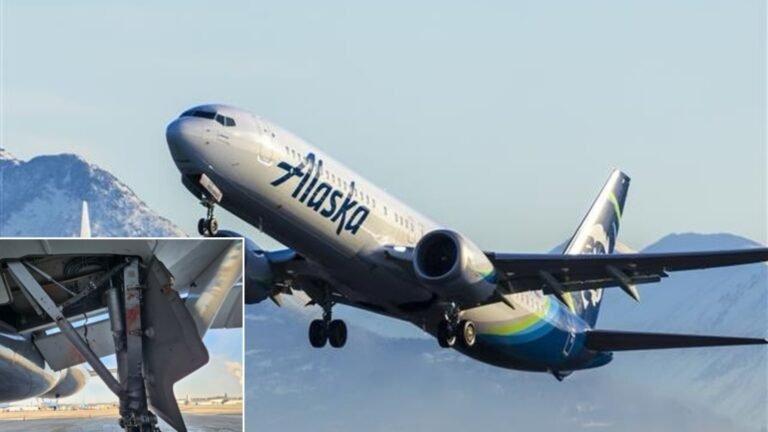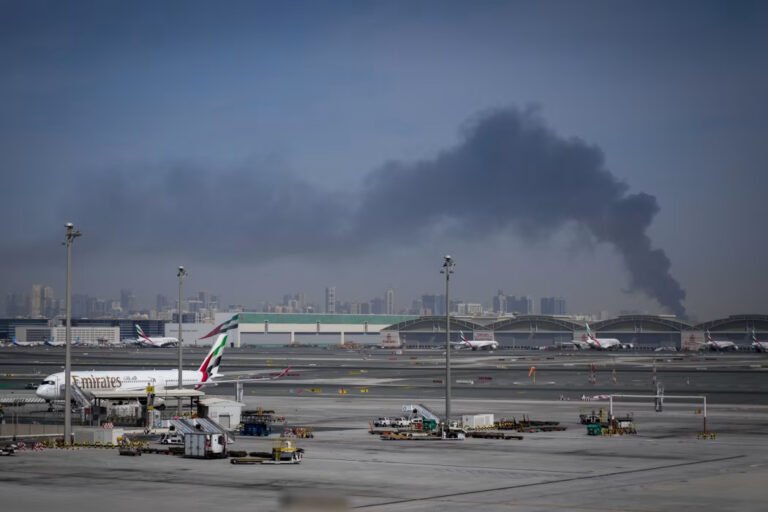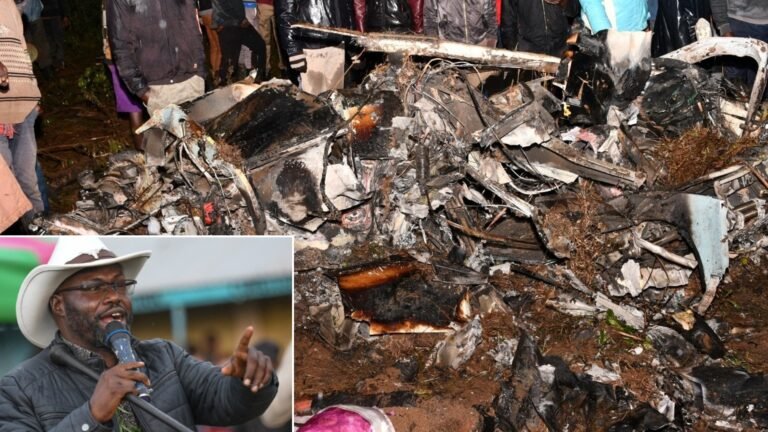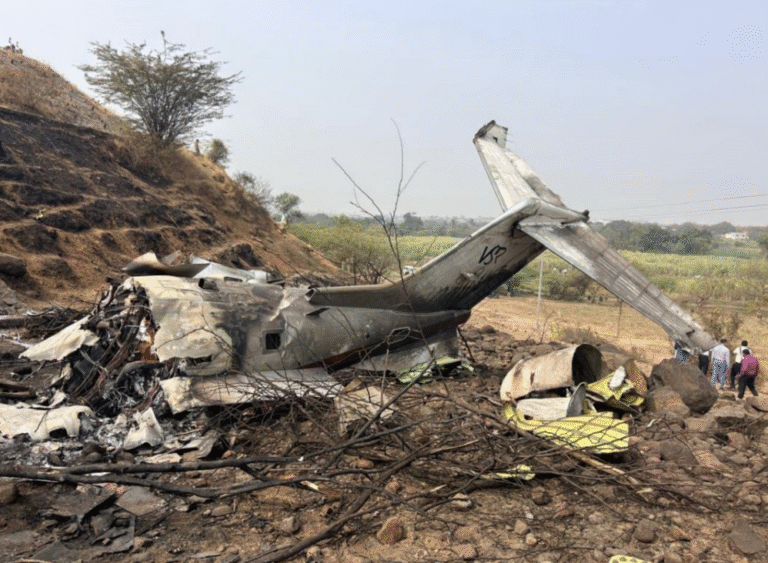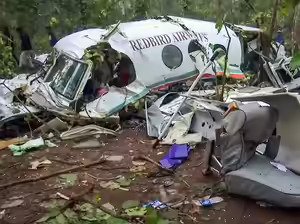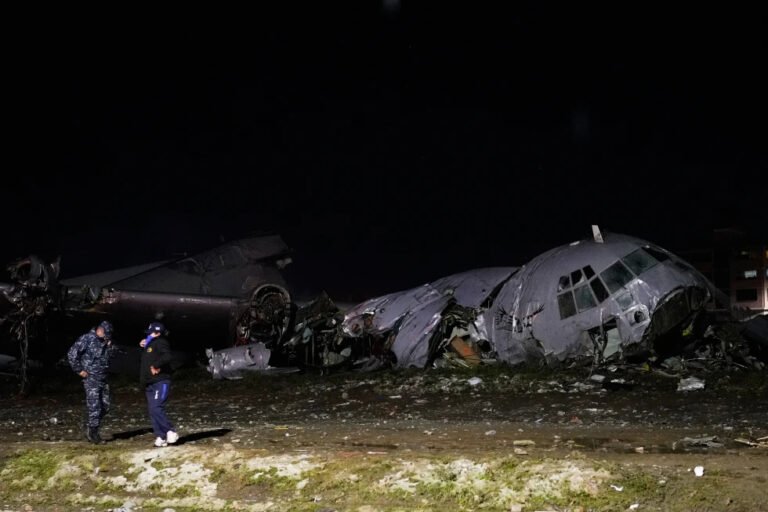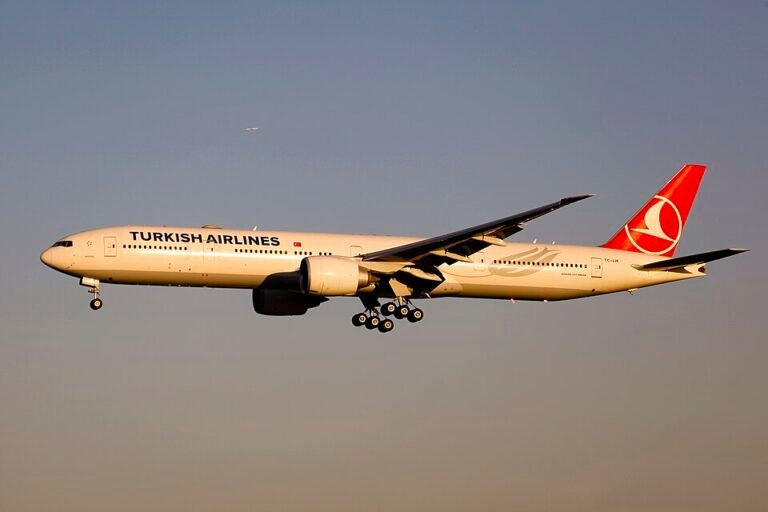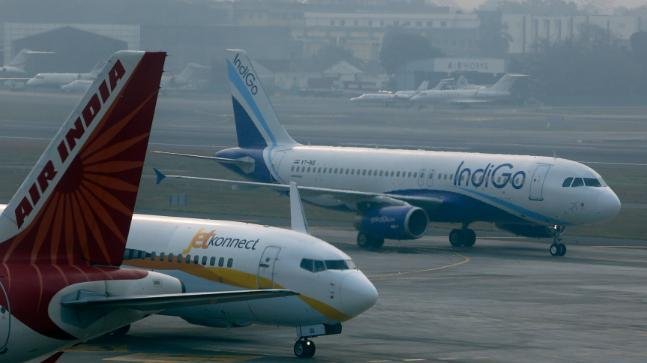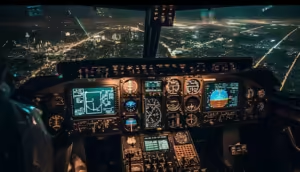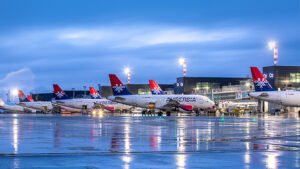
New Delhi, India: India’s aviation regulator, the Directorate General of Civil Aviation (DGCA), is facing strong resistance from pilot unions after it approved a rule extending the maximum flight duty period for Boeing 787 crews by half an hour a move pilots warn could heighten fatigue and compromise flight safety.
Under the revised guidelines, the DGCA has increased the permissible flight time for two-pilot operations on Boeing 787 aircraft from 10 hours to 10 hours 30 minutes, and the overall Flight Duty Period (FDP) from 13 hours to 14 hours. The amendment, issued late last week, comes just months before the regulator’s new fatigue management norms under Civil Aviation Requirement (CAR) 2024 are scheduled to take effect.
Pilot associations, including the Airline Pilots’ Association of India (ALPA-India) and the Federation of Indian Pilots (FIP), have urged the DGCA to immediately withdraw the extension, calling it “a dangerous precedent that undermines scientific fatigue management.”
“This change ignores well-documented evidence linking fatigue with reduced alertness and safety margins, especially during long-haul night operations,” ALPA-India said in a statement. “The Boeing 787’s in-flight rest facilities are already inadequate due to seat recline restrictions, and any increase in flight duty time will directly affect pilot alertness.”
The union referred to an FAA airworthiness directive that restricted the reclining function of cockpit rest seats on Boeing 787s, limiting proper rest opportunities for pilots during cruise segments.
The Federation of Indian Pilots separately warned that any delay in implementing the full CAR 2024 fatigue norms which had been promised in court could amount to contempt of court. The federation said the DGCA had earlier assured the Bombay High Court that it would enforce the revised duty-time limitations to align with international best practices.
As the implementation date for CAR 2024 nears, pilot groups insist that fatigue management should remain rooted in science not scheduling convenience. “Adding half an hour to an already stretched limit is not operational flexibility; it’s operational fatigue,” one senior wide-body pilot told.
A DGCA official maintained that the amendment was based on operational data and “falls within safe international norms.” The regulator also reiterated that the upcoming CAR 2024 norms would introduce a Fatigue Risk Management System (FRMS) to supplement prescriptive duty limits with data-driven fatigue monitoring.


